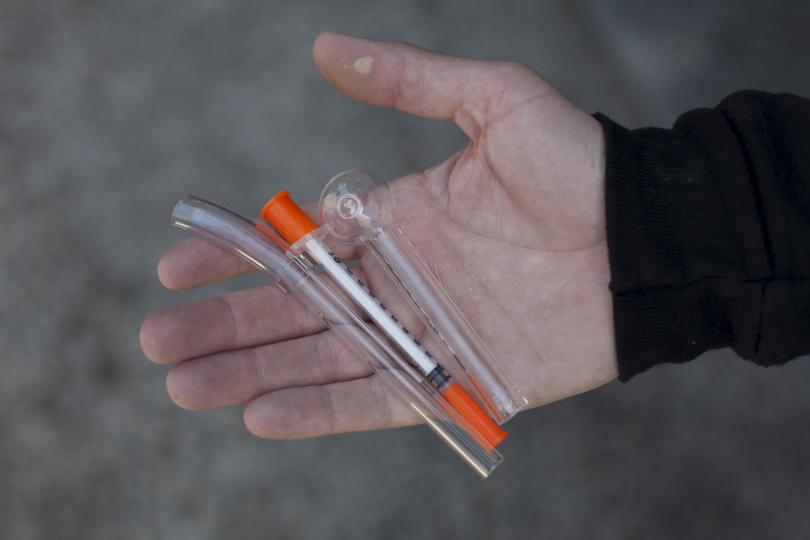Florida Ruling May Help Hepatitis C-Infected Tennessee Inmates Receive Treatment
Inmates in Tennessee have submitted claims of longstanding negligence by local prison officials regarding treatment of hepatitis C, and a recent federal court ruling in Florida may help the thousands affected Tennesseans to finally begin receiving life-saving medication. Hepatitis C, or HCV, is a viral infection often contracted through intravenous drug use, but it also can be transmitted through tattooing or blood transfusions. It causes chronic liver disease that can damage the whole body. Two Tennessee inmates filed a lawsuit in 2016 after a media investigation revealed only eight of 3,487 inmates known to be infected received the necessary treatment.
U.S. District Judge Mark Walker announced his ruling on November 17 that the Florida Department of Corrections failed to meet constitutional requirements of treating inmates suffering from hepatitis C. “Here, FDC’s history of past misconduct leads this court to believe that future injury is imminent. Specifically, this court finds that FDC will not treat HCV-infected inmates in an appropriate and timely manner,” Walker wrote. “If these inmates are not treated, they will undoubtedly suffer irreparable injury.”

As of Oct. 1, there are 4,116 inmates known to have HCV according to Tennessee Department of Correction spokeswoman Neysa Taylor. Only six are receiving the best available treatment and 25 have completed the treatment regime in the past twelve months. Unfortunately, Tennessee prisons do not test all inmates for hepatitis C, so the number of infected inmates is likely much higher than what’s been reported.
A federal judge in Tennessee granted the lawsuit class-action status in May, an action cited by Walker in his decision to grant class-action status to the Florida lawsuit. Walker also granted an injunction for Florida officials to immediately begin searching for a way to provide between 7,000 to 20,000 infected inmates with the necessary cure, a 12-week treatment plan that consists of taking one pill per day and now costs roughly $37,000 per patient.
“FDC has a long and sordid history of failing to treat HCV-infected inmates,” Walker wrote in his 32-page ruling. “And this court finds as a matter of fact that FDC’s failure to treat was due to a lack of funding.” He ordered the department to “move with alacrity”, adding of the decision, “This court will not tolerate further foot-dragging.”
Michelle Glady, a Florida Department of Corrections spokeswoman, confirmed, “FDC is absolutely committed to ensuring all inmates in our custody are provided medically necessary treatment that is in line with national standards and our constitutional responsibilities. We’re reviewing the order closely and we’ll be determining a plan of action.”
Randall Berg of the Florida Justice Institute, which represented the inmates, said, “The general public has hepatitis C at a rate of a little over 1 percent, but in the prison population, it’s over 15 to 40 percent. When you have one-third of the Florida prison population being released every year, it should be a public health concern that these people get treated while they are in prison so when they get out, they don’t transmit it to others.”
Sources:
Federal order foreshadows possibility Tennessee must treat all inmates infected with hepatitis C
Federal Judge Orders Florida to Treat Sick Inmates
Florida let hepatitis C go untreated in prisons. Now it may cost taxpayers millions.


Join the conversation!